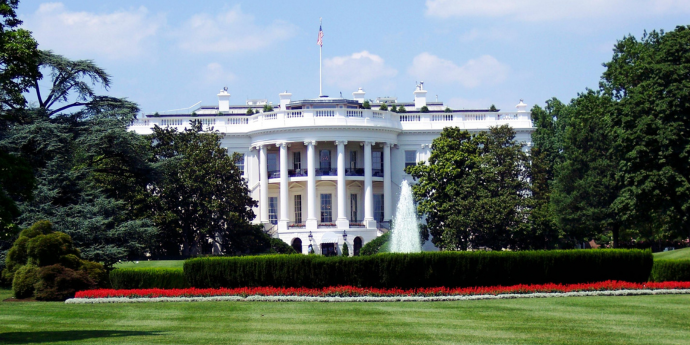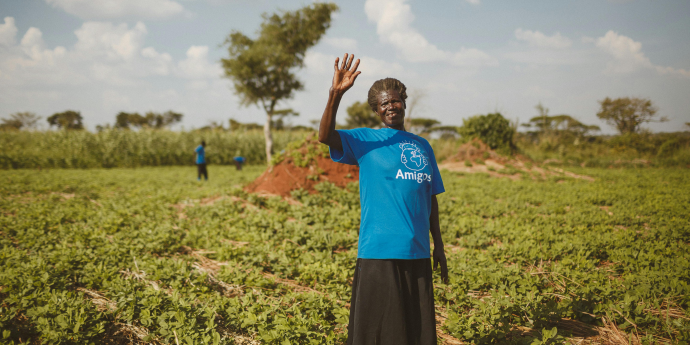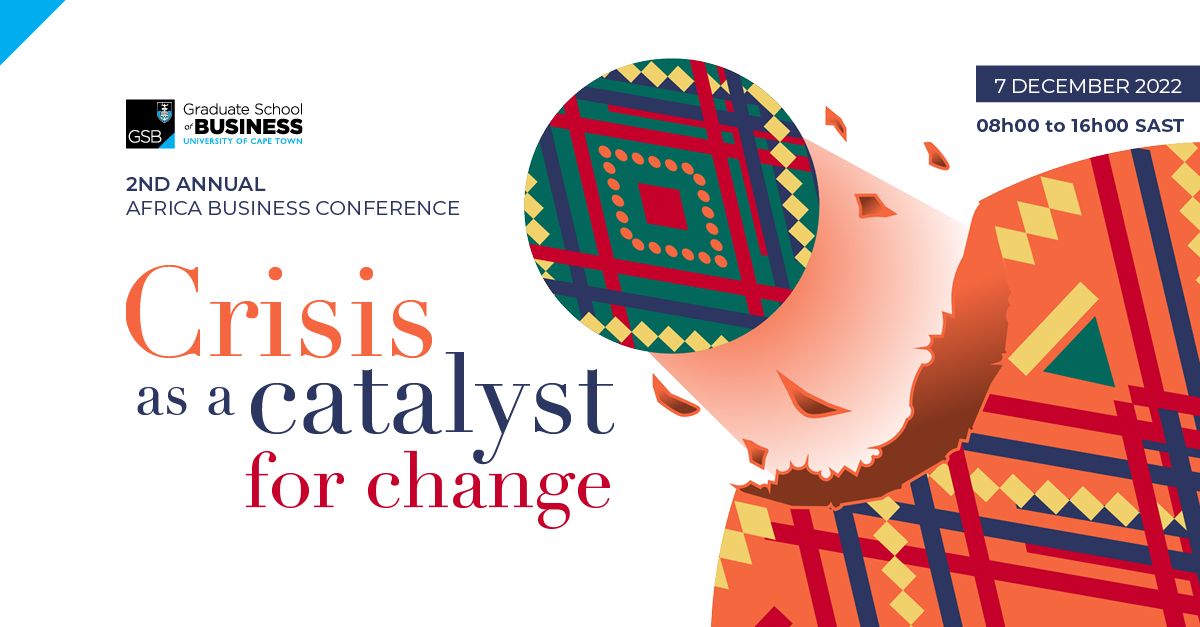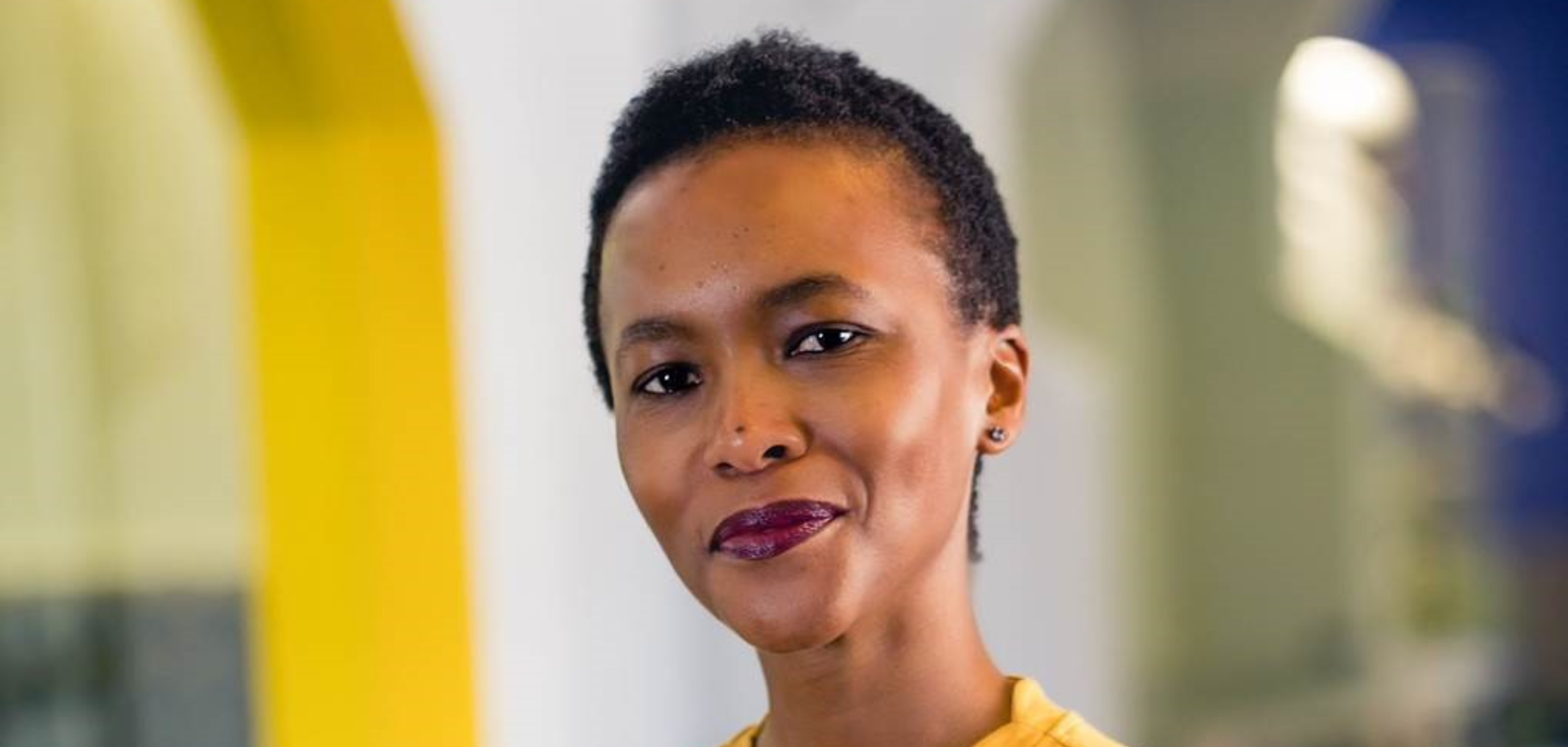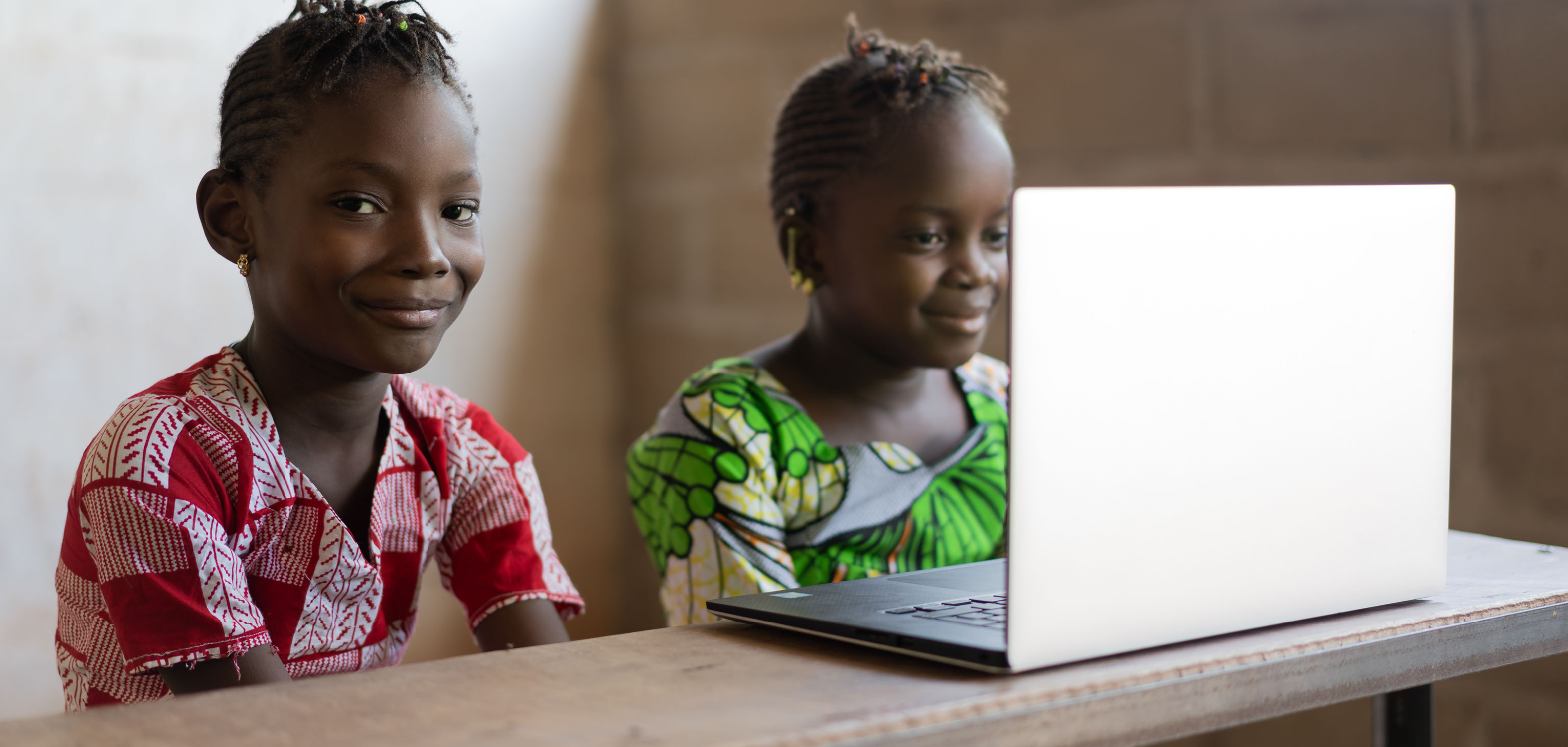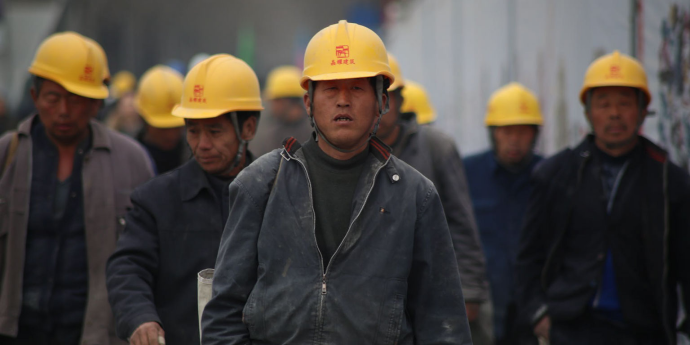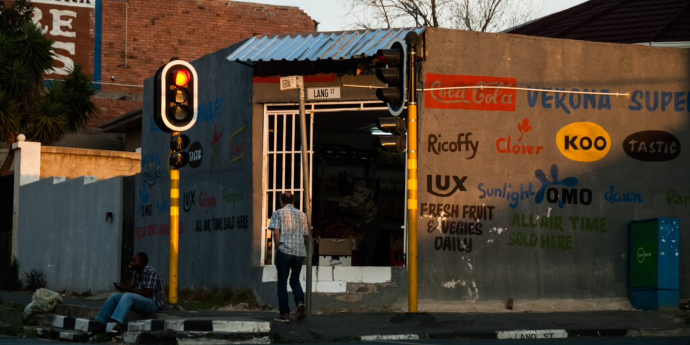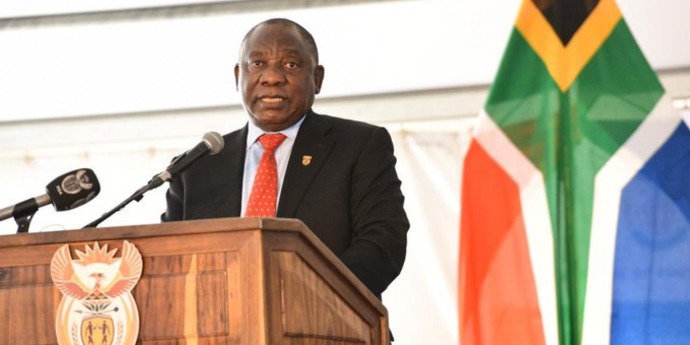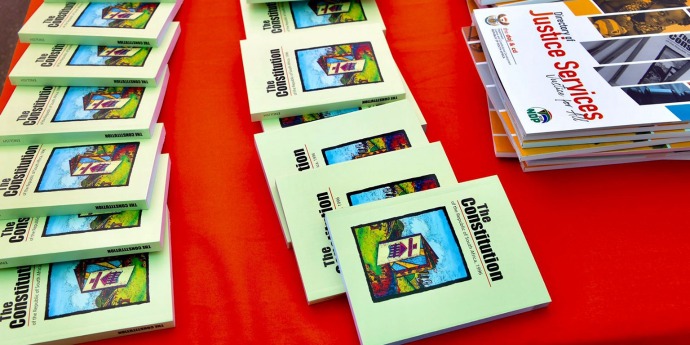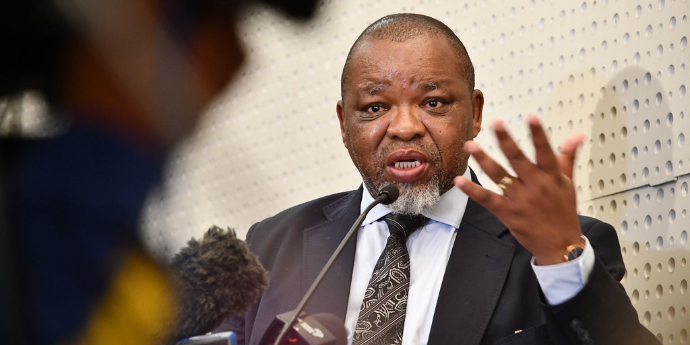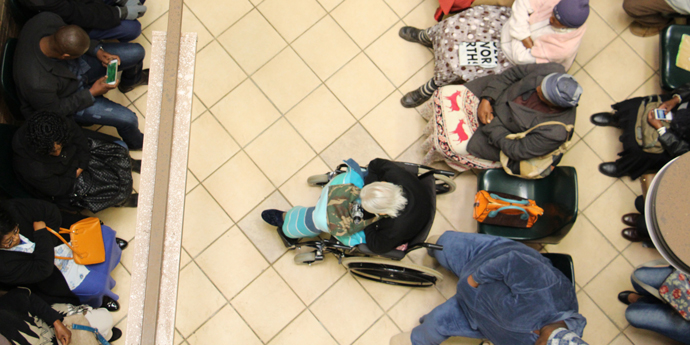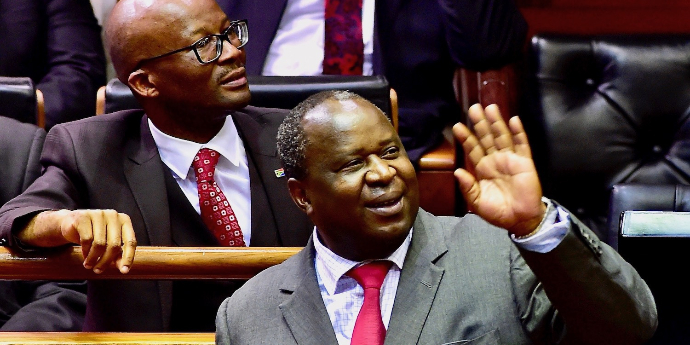Author Gwendolyn Zorn Head of Impact, Acre Impact Capital.
In my very first lecture of a two-year master’s degree in Development Finance, we addressed the question, ‘What is development finance?’ Prolific academic author and Department Head Professor Abdul Latif Alhassan argues that existing definitions of development finance are deficient. Many definitions overlook developed countries as beneficiaries, limit the scope to local communities, and fail to acknowledge the vast global landscape of development funding and development finance stakeholders.
In response, Alhassan posits a more comprehensive definition whose key themes involve strategies to mobilise and align finance for development outcomes. This definition provides a much broader scope.
So, who are the key players in the mobilisation of finance for development? Broadly there are three groups of development finance stakeholders: funders, or public and private sources of finance; intermediaries responsible for orchestrating the allocation of that finance; and beneficiaries, insofar as their views are—and should be—considered.
Who drives development finance?
I argue that technically we are all stakeholders in development finance.
Even influencers on TikTok can act as intermediaries, impacting future allocations of finance by inspiring consumer choices. This extends to the climate and the very air we breathe. All of us, along with every facet of the natural world, are impacted by decisions regarding the allocation of finance. Good decisions mean good outcomes for all, and in this light we can all be considered stakeholders.
Although certain current trends in political thought might deny the need for shared outcomes, the stakes remain universal. Shared global outcomes are not just ideals—they are imperatives for societal functioning through access to essential services. They extend to the survival of so many other life forms with whom we share this planet. Because we will all share in the consequences of inaction, we all share the responsibility as well.
Another point that struck me in that first lecture was that when we sought to collectively make a list of funders and intermediaries, a vast catalogue ensued. This included multilateral and bilateral Development Finance Institutions (DFIs), national development banks, commercial banks, insurers, asset managers (in all their various forms), microfinance institutions, collective investment schemes, stokvels, regulators, policymakers, credit rating agencies, civil society organisations, philanthropists, crowdfunding platforms, incubators, accelerators, businesses, and more.
I was dumbfounded when, after hours of brainstorming, Export Credit Agencies (ECAs) did not make the list. Naturally, I raised my hand.
Thus, we arrived at the question of the day: Do ECAs employ processes and instruments to mobilise and align finance for development outcomes? Do they also deliver ‘development finance’?
The short answer is yes. ECAs, through their mandates and actions, mobilise finance for crucial development outcomes all over the world. Given the effectiveness of ECAs in derisking critical infrastructure finance, particularly in emerging markets, they fit the bill for development finance (at least by Alhassan’s definition). They significantly reduce the cost and affordability of debt in developing countries for critical infrastructure development.
Export finance as a source of debt for sovereign borrowers in Africa has consistently been cheaper than the capital markets—by 20–30% on average. That is before the OECD modernisation—and it goes directly to the contractors building the infrastructure.
Following the modernisation, debt affordability for social infrastructure (e.g., a hospital) has improved by circa 25% in the critical first ten years of operation, due to extended 15-year repayment terms and significantly reduced premiums. If the OECD decided healthcare, for instance, should move into the Climate Change Sector Understanding (CCSU), affordability would improve further to circa 37%.
Aligning development finance for greater impact
Failing to establish a firm position in the development finance landscape has consequences, with ECAs, DFIs, MDBs, and public guarantee providers often failing to align their strategies, processes and instruments and as a result making project collaboration more challenging.
Acre Impact Capital is working to address this. Backed by The Rockefeller Foundation and PIDG, Acre was created to provide a nexus for these sources of finance to come together to help realise climate-aligned essential infrastructure projects in Africa. To do this, the Fund is pooling other sources of development finance and making it readily accessible to arranging banks in the export finance market through an open platform model. Its funding is available to arranging banks to finance those parts of transactions which are not guaranteed by ECAs and are not readily syndicatable.
Acre’s principal pools of capital come from the following:
DFIs: the European Investment Bank, FSD Africa (funded by FCDO); South Africa’s Industrial Development Corporation (IDC); and Development Finance Corporation (DFC) of the US.
African commercial investors: Investec, Standard Bank, and RMB.
Impact investors: foundations and family offices out of the US and UK, including Trimtab and Ceniarth.
More investors are in due diligence to join the fund as it begins to deploy capital into projects in Africa.
For these investors, Acre’s fund represents an opportunity to leverage their commitment multiple times and gain diversified exposure to and deliver 15-20 projects totalling up to USD 2 billion. They also benefit from Acre’s project curation, execution capabilities, and efficiency, as well as measuring and reporting on impact against its Impact Framework. Their backing of the fund recognises its strategic importance and scalability for sovereign borrowers seeking ways to tap multiple funding sources for their infrastructure investments. It also increases the share of domestic private capital being deployed on the continent.
Ergo quo vadis? Where do we go from here? Does development impact intentionality kill commercial outcomes? At Acre, we certainly believe the two are complementary. Success depends on designing strategies that align impact goals with profitability, leveraging tools like blended finance (where ECA deals might be considered the original blended finance instrument), and fostering innovation to meet both objectives. It is not about choosing between impact and profit but about rethinking how the two reinforce each other. With increasing convergence in the impact investing industry around measurement and reporting standards—the Operating Principles for Impact Management, Impact Frontiers’ five dimensions of impact, the Global Impact Investing Network’s IRIS+ set of metrics, the work of the Taskforce for Climate-Related Financial Disclosures (TCFD)—the burden of impact intentionality should not be a deterrent.
On the contrary, following the OECD modernisation, we find ourselves presented with a huge opportunity for this market to significantly grow our support of national and international trade interests, at the same time delivering measurable impact aligned to the UN Sustainable Development Goals in places where it is needed the most.
Gwendolyn Zorn is currently pursuing a MDevFin at the UCT Graduate School of Business.
This article first appeared on Berne Union.



